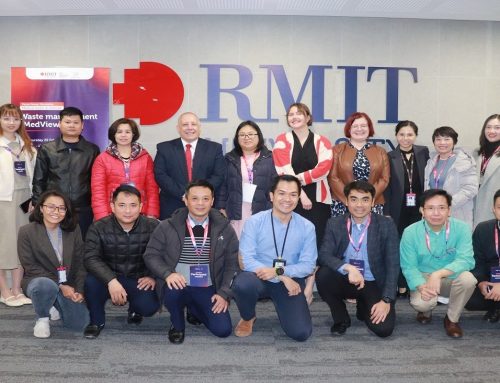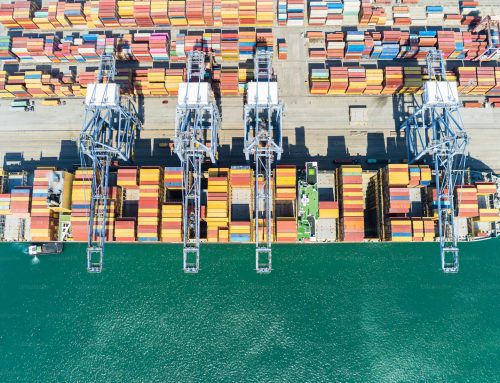Towards the end of 2015, ISIS leader Abu Bakr al-Baghdadi asked the Muslims of the world to join the fight for their cause of world domination. He probably made this request sincerely, hoping Muslims world over would abandon whatever they were doing and grab a torch/pitchfork and head for battle. What he probably did not see coming was the Twitter trolling that followed his proclamation. Mr. al-Baghdadi was clearly not aware that the new Star Wars movie has just come out, or that the new episode of Sherlock was coming out in a few short weeks, which kept people busy. Others cited more athletic reasons for skipping out on the uprising: footy on Sunday or leg-day at the gym, which usually results in soreness the next day. These are just a few of the hilarious excuses ordinary people tweeted to the leader ISIS, one of the most horrific terrorist organizations in history, to not join his fight.
Social media and the internet in general has changed the game in communication, it has never been easier to disseminate information or communicate directly with political leaders or celebrities. While some governments are trying their hardest to block the free use of the internet in fear of a revolution, it is still extremely difficult to completely inhibit the spread of information. Sometimes all it takes is one picture to go viral, for example the deceased refugee toddler on the beach, to spark outrage and/or action against a phenomenon or crisis. Not too long ago these types of images may have remained unseen by the general public, now it is near impossible to escape them. They say in many past wars the full horrors of what was going on wasn’t common knowledge. It was not possible to DM the dictator and while making memes before the internet age was surely very common, they probably mostly remained inside jokes since going viral wasn’t really a thing. As certain heads of state have recently discovered, it is extremely difficult to keep things a secret nowadays.
While the fast spread of information and the improved levels of awareness that the internet age has brought can be seen as a positive development, it also has a massive downside. The internet is still in its infancy; the long-term consequences remain to be seen and are impossible to predict. Things like cyber bullying are bound to have long term effects on the individual, but also the collective repercussions are uncertain to say the least. With all the information in the world in your pocket, how jaded will we become? Will people lose all sense of questioning and just blindly believe anything they read on the internet? Pics or it didn’t happen? While there is always a slightly more aware population who is able to openly take the piss out of the ISIS leader, there is always the opposite end of the spectrum who indeed rises up in arms when asked. One of the most powerful positions in the world was just filled based on a campaign filled with post-truths and alternative facts. All politicians stretch the truth, no matter how wholesome their image, but the amount of blatant lying that occurred and still occurs is next level and possibly a preview of what our future is going to be like. Images are incredibly easy to doctor, even videos and voice recordings can be credibly altered and the technology is improving all the time. What then can we believe? Even academic fraud is pretty prevalent (cue all the righteous researchers clutching their pearls).
Personally I prefer to look at the internet in a positive light. It may be because of my insatiable appetite for memes and clever tweets and just generally people being brave enough to tell ISIS leaders to go to hell. As said, the internet is still quite a new phenomenon and it is likely that we will one day look at social media et al like we look at smoking or asbestos: “Oh dear at the beginning of the millennium children had access to unlimited memes and we just had no idea!” There’s a chance we will look at unlimited data plans in the 2080’s as well look at smoking in the cinema today. However, as long as we have an open and receptive atmosphere for learning new things, we can solve the fake news issue and keep improving information availability. The trolling is pretty expert level on both sides of the coin, but I am naïve enough to believe the smartypants’ side will win eventually. We just need to our heads above the water, support the truth and remember that leg day and the new season of Sherlock are more important than joining a violent organisation.




